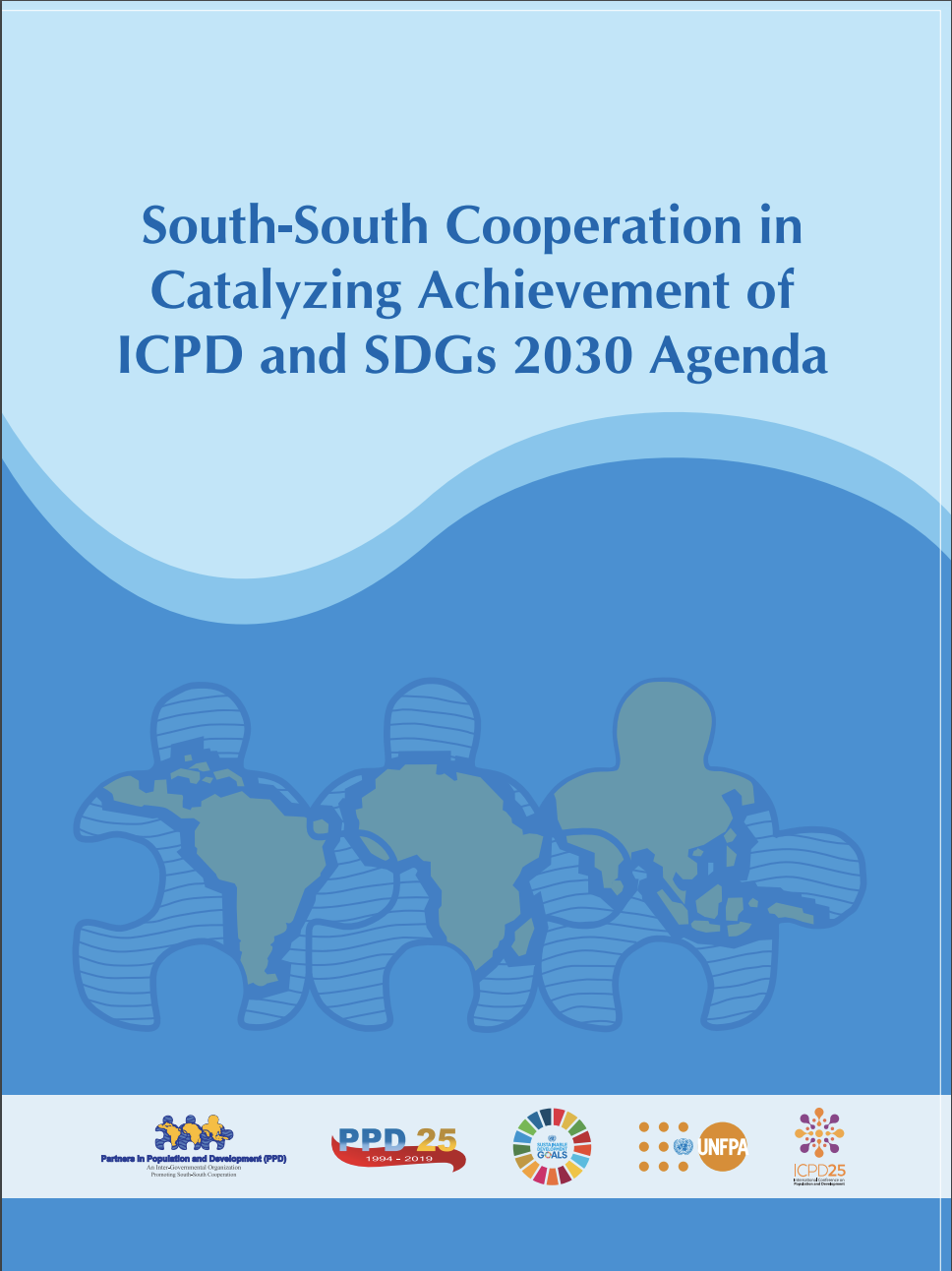The world community will celebrate the 25th anniversary of International Conference on Population and Development (ICPD) in April 2019 along with celebrating of 25 years of Partners in Population and Development (PPD), an inter-governmental organisation created to implement ICPD Programme of Action in developing countries at Cairo, Egypt in 1994. The PPD through ICPD laid the groundwork for South-South Cooperation (SSC) in reproductive health, population and development. ICPD is the key precedent of the MDGs and SDGs that highlights the importance of SSC globally. The Buenos Aires Plan of Action (BAPA) adopted in 1978 was the original blue print of SSC and the world is celebrating its 40 years in 2019.
With two and half decades of experience of SSC and ICPD, remarkable progress has been made by developing countries in reproductive health population and development. In the context of ICPD beyond 2014 and SDGs 2030 agenda, it is important to clarify how the impact of South-South and Triangular Cooperation (SSTC) can be maximised and leveraged for the health and demographic outcome; and how SSC can contribute to addressing emerging population issues and how SSC can be promoted to realise global commitment for leaving no one behind.
Keeping these in mind, a survey on SSC was conducted to assess capacity building needs of government officials and the contribution of PPD for achieving ICPD and SDGs in selected developing countries.
This study aimed to conduct in-depth country-specific analyses in 24 member countries engaged in SSC initiatives since ICPD. A comprehensive structured questionnaire was developed and shared with PPD South-South focal persons of 24 member countries. Seventeen Countries (71%) responded with filled in questionnaire and both qualitative and quantitative analysis were made for the report.

